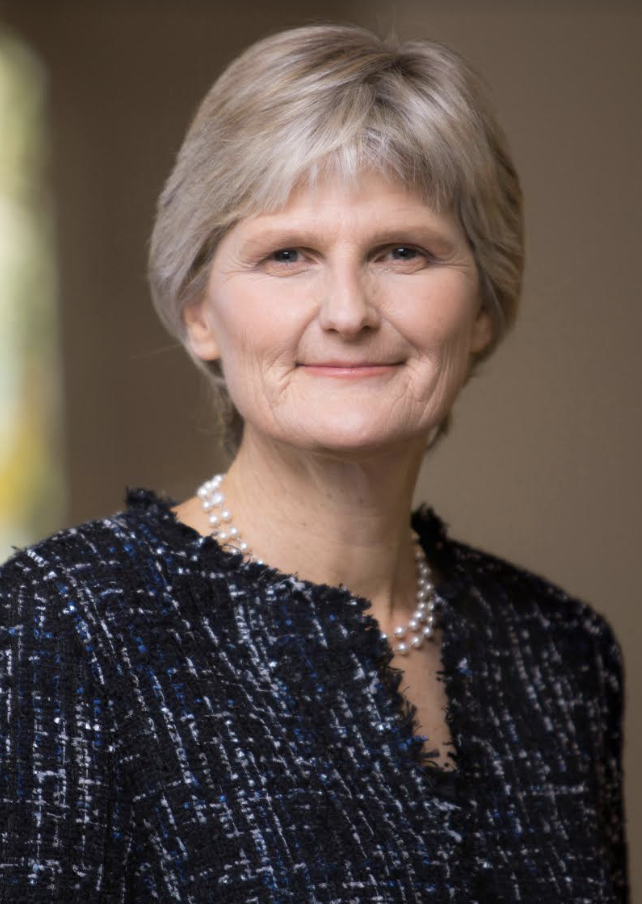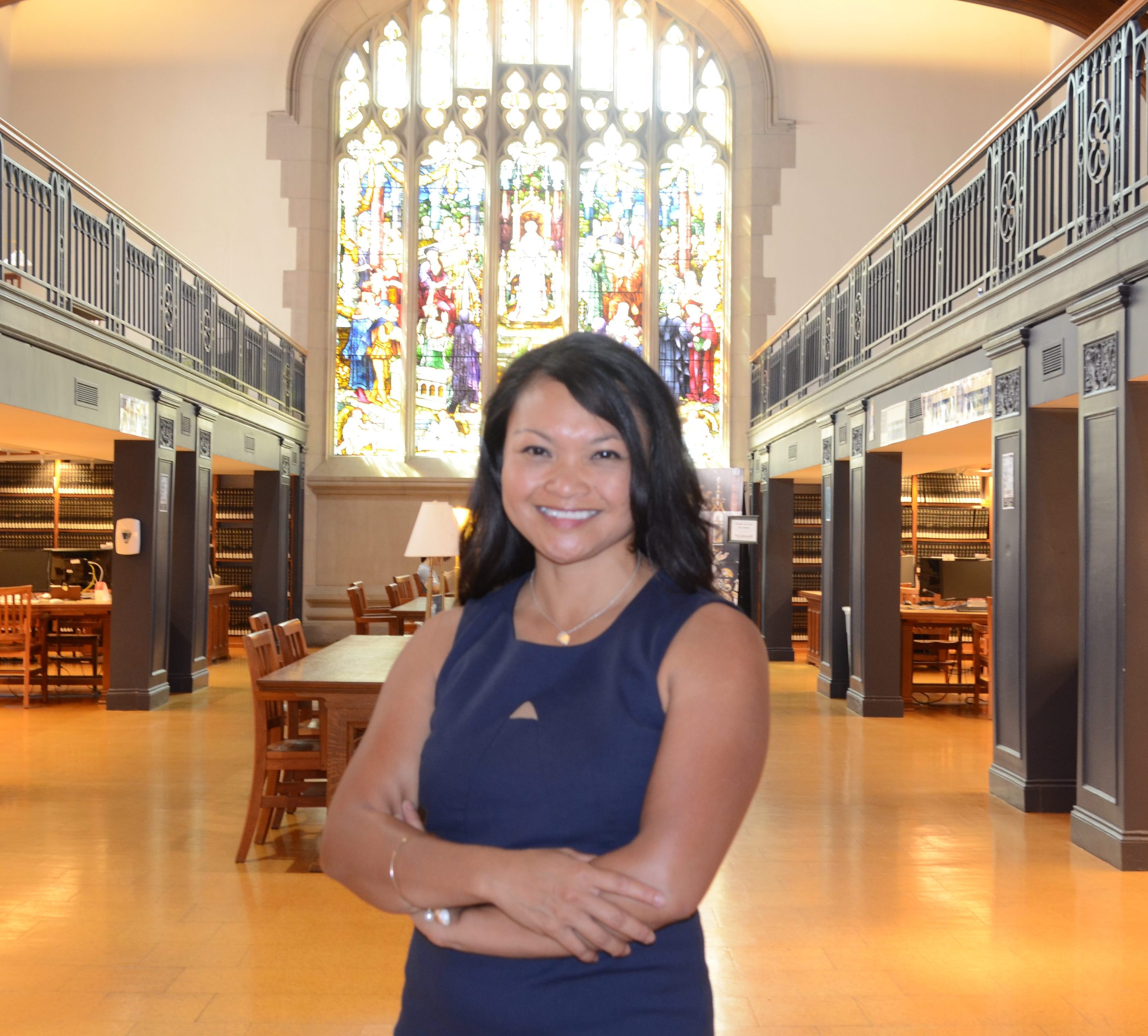A student from the Burera District in the Northern Province of Rwanda, among the poorest in the country, asked, “What is the difference between hope and a miracle?”
A question more likely posed by a philosophy major on any U.S. college campus than a medical student in this post-genocide African nation. The lively and eye-opening discussion among students at the University of Global Health Equity (UGHE) in Butaro was part of a new collaboration between Vassar College and UGHE to broaden the traditional study of medicine by incorporating studies in the liberal arts. As our students shared, when access to medical care is inequitable, many disadvantaged families cannot expect medical treatment. Rather, they rely on hope, and wish for miracles. One student told us that he was motivated to practice medicine because, at age four, he lost his father to brain cancer. His family was unable to receive proper treatment because traveling to the nearest hospital can take days. We personally witnessed families traveling on foot, carrying many of their belongings in baskets or stacked on bikes that they pushed in pairs along bumpy dirt roads. It is not uncommon for an impoverished village to have only one car to serve the entire community. But research has shown that doctors and nurses who are educated in the liberal arts have better interactions with their patients, are able to collaborate better among themselves and become equipped to lead a country out of poverty and into a globalized environment.
Just 25 years ago, Rwanda experienced one of the worst genocides in modern history. Nevertheless, with extensive international aid and support, it has transformed itself into a peaceful and stable country. Since 2000, the infant mortality rate has been halved, maternal mortality has been reduced by about 70%, and life expectancy has increased by nearly 20 years. The country also boasts one of the fastest growing economies in the world.
Most compelling however is Rwanda’s stated strategic goal to invest in health (the country implemented a universal health care system in 2008) and education. A commitment to education for all is part of the national strategy, Vision 2020, guaranteeing at least nine years of public education for every child.
This past year, the commitments to health and education came together in a new project supported by the Government of Rwanda and Partners in Health and many partners: the establishment of the University for Global Health Equity. This medical school had as its primary goal to develop physicians and health managers who would promote inclusion and equity in health care and education, and ultimately lead in Rwanda and on the African content to more inclusive and compassionate medical care systems.
The university has been innovative. First, the tuition is affordable with plenty of financial aid, so they can attract the best students who are committed to global health equity. Second, the curriculum addresses medical hierarchy explicitly. For instance, medical students spend time reporting to, learning from, and being evaluated by community health workers, a group typically far down the food chain from medical physicians. Last, the medical school program begins with a semester of liberal arts training — including African history, anthropology, psychology, and political science. The goal, as Dr. Agnes Binagwaho puts it, is to build compassion among medical people for humanity and for the larger system in which medical care takes place, so that graduates may bring greater humility and a humanists’ approach to their practice. The liberal arts part of the program, being taught in collaboration with Vassar College, focuses on empowering students through small classes, fostering openness towards divergent views, and encouraging critical thinking and creative problem solving — all key habits of skilled physicians.
Providing equitable health care is a global responsibility, and students at UGHE are taking this promise seriously. Health equity means social justice in health. No one should be denied the possibility of being healthy, simply for belonging to an economically or socially disadvantaged group. This was evident to us during Umuganda, a day once each month in which all Rwandans come together to help their neighbors with community projects that otherwise would go unfinished (e.g., farming, building housing for poor families, providing transportation to medical facilities for those in need). While we were in Rwanda, UGHE students and faculty worked together with villagers to create and cultivate a recreational space for villagers to play, unwind, and hold community meetings. Without a common spoken language, we all shared the common understanding that global health relies on everyone. Simply said, that is what community resilience is all about. Moving beyond hope and miracles, there is Ubumuntu — humanity, kindness, greatness of heart — which fuels the commitment of our future medical professionals to provide quality health care for all.



